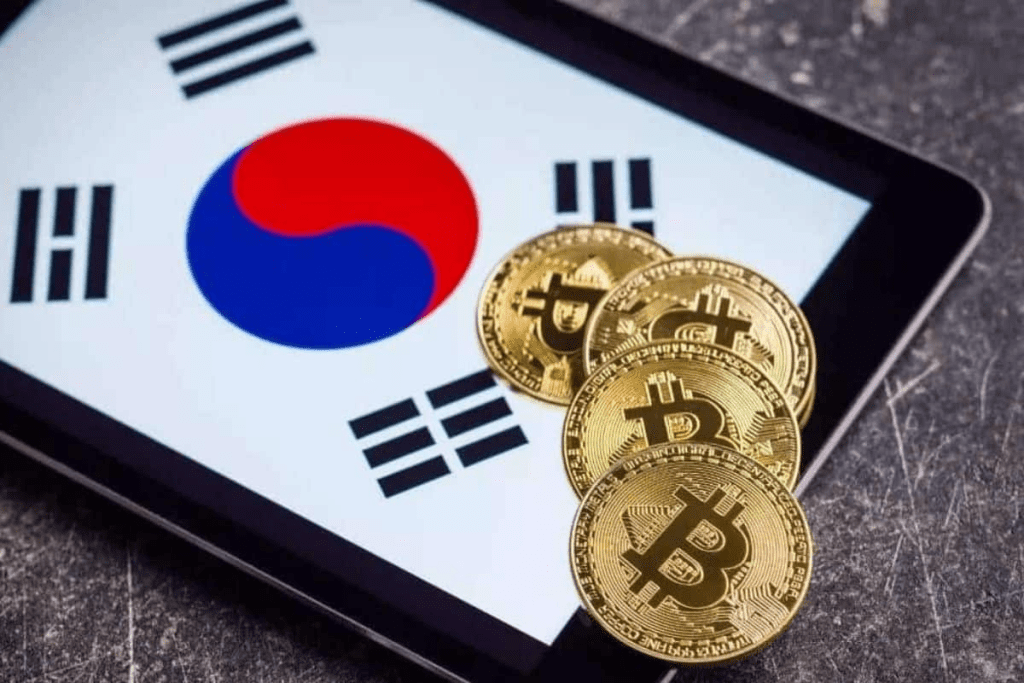South Korean Spot Bitcoin ETF Is Actively Researched To Support Launch
Key Points:
- Democratic Party supports South Korean spot Bitcoin ETFs, while the ruling party raises concerns.
- Debate continues post-election as financial authorities deliberate on the issue.
- Regulatory hurdles persist, with warnings against brokering overseas-listed Bitcoin ETFs.
According to Yonhap News, The opposition Democratic Party of South Korea has unveiled plans to greenlight the domestic issuance, listing, and trading of Exchange-Traded Funds (ETFs), including those linked to Bitcoin and other virtual assets.

Parties Clash Over South Korean Spot Bitcoin ETFs
This move, however, faces staunch opposition from the ruling People Power Party, which fears such ETF investments could stifle the growth of the domestic capital market.
Despite the Financial Services Commission’s indecision on the matter, ongoing debate is expected, extending beyond the upcoming general election. The Democratic Party argues for embracing the global trend of incorporating virtual assets into institutional frameworks, emphasizing the potential benefits of expanding investment opportunities and bolstering national assets through tax exemptions.
Conversely, the ruling party exhibits a cautious stance, expressing concerns over potential capital outflows from the stock market into the volatile virtual asset market. Some analysts suggest the ruling party’s approach of ‘strategic ambiguity,’ catering to diverse stakeholder demands amidst the electoral landscape.
Regulatory Challenges Loom Over Bitcoin ETF Brokerage
The fate of South Korean spot Bitcoin ETF legislation hinges on the election outcome and ensuing political dynamics, given the stark divergence between the ruling and opposition parties. Financial authorities remain noncommittal, stating they are open to considering the proposal but have not set a definitive timeline.
The recent approval by the U.S. Securities and Exchange Commission (SEC) for spot Bitcoin ETF listing prompted South Korean authorities to warn against brokering overseas-listed ETFs, citing potential violations of existing regulations. This underscores the regulatory challenges and uncertainties surrounding South Korean spot Bitcoin ETFs.
| DISCLAIMER: The information on this website is provided as general market commentary and does not constitute investment advice. We encourage you to do your own research before investing. |






















